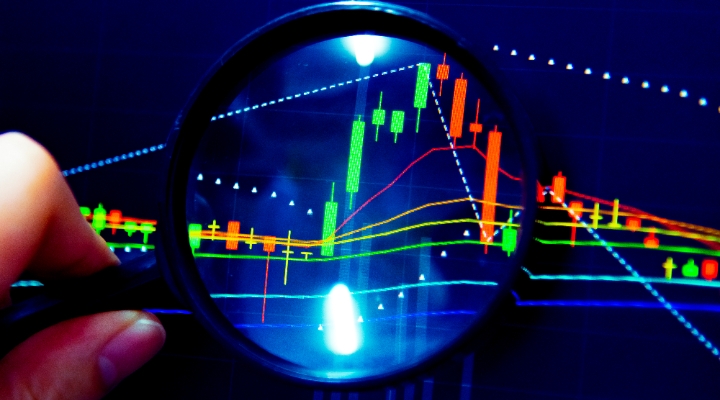Holly Black: Welcome to Morningstar. I'm Holly Black. With me is Rob Hales. He is an analyst at Morningstar. Hello.
Rob Hales: Good morning, Holly. Thanks for having me.
Black: So, Rob, you look at the chemicals sector. What's been happening in the sector since the outbreak of the coronavirus?
Hales: Yeah. When we look at the chemicals sector, we generally divide the companies into two groups, either consumer-focused or industrial-focused. And very different story between the two. So, the consumer-focused companies – these companies are providing stuff like flavors for packaged food, fragrances for soaps or detergents, that sort of thing, so very focused on consumer staples. And because of that they've been doing fairly well since the coronavirus, even better than expected in some cases. So, they've really been delivering on what investors expect.
On the industrials side, you know, different story. These are much more cyclical. Their end markets are more, kind of, the traditional construction, automotive, aerospace, these kinds of things. So, those stocks have suffered quite significantly. They've fallen about 30% since the initial sell-off and only recovered slightly since then.
Black: So, what does that disparity in performance mean for where you are finding opportunities at the moment?
Hales: So, as you'd expect, the consumer companies are very in-demand now. It's a very crowded trade. We think most of these companies are overvalued. The group is about 30% overvalued on our numbers. So, if you're looking for dividend safety, this is the place to go. But you're only going to get about a 1.5% yield. And with that, you're taking on some significant valuation risk. So, we actually think there's much more interesting opportunities in the industrial side. As a group, they are trading at about 20% discount to fair value. And while they are cyclical, we don't see any kind of balance sheet risk or solvency concerns. So, for investors that are a little bit more aggressive, have a little bit more patience, we think there's some good opportunities here.
Black: So, one of your top picks in the sector is a company called Akzo Nobel. What is it that you like about this firm?
Hales: So, Akzo Nobel is the third largest company in the global paints and coatings industry. So, think about simple products like the paint on your house. But they also have more sophisticated products which they call performance coatings. So, they might provide corrosion-resistant with fire protection. And those particular coatings that we like, it's about 65% of the profit for the business and that's why we give the company a narrow moat.
So, this company has kind of really suffered for maybe the last decade or so from some bad capital allocation decisions. But about two years ago, they got a new management team and since then they've been running this massive restructuring and transformation program. And quite frankly, the results have been surprisingly impressive. Q1, profits were up 30%. This was seventh consecutive quarter of margin improvement. So, this is really the time for them to really building some momentum. Unfortunately, the coronavirus spoiled the party and they've had to pause their restructuring program for logistical issues mostly. So, the next two quarters are going to be tough. We're going to need a little bit of a recovery in the economy. But we think by the end of this year they will probably be able to restart that transformation program again.
Black: Okay. And another stock you rate quite highly is Johnson Matthey. Can you tell us about that one?
Hales: Yeah. So, Johnson Matthey, a local company based in London, one of the three companies in the oligopoly for automotive emissions catalysts, so a very attractive business, always been very high returns. Again, another narrow moat company. What we really like about this company is the price. It's trading at a 35% discount to fair value. That's the biggest discount we see in the sector right now. I mean, the recovery could be faster than the market expects. If you think about getting on crowded subway train or a bus, it doesn't sound so appealing right now. So, people might be more interested in cars in the post coronavirus world. We were all looking at China to see what things will look like after the coronavirus. Right now, around 65% of young adults are thinking about buying a car in China. So, recovery could be faster than the market expects.
Black: Rob, thank you so much for your time. For Morningstar, I'm Holly Black.




























